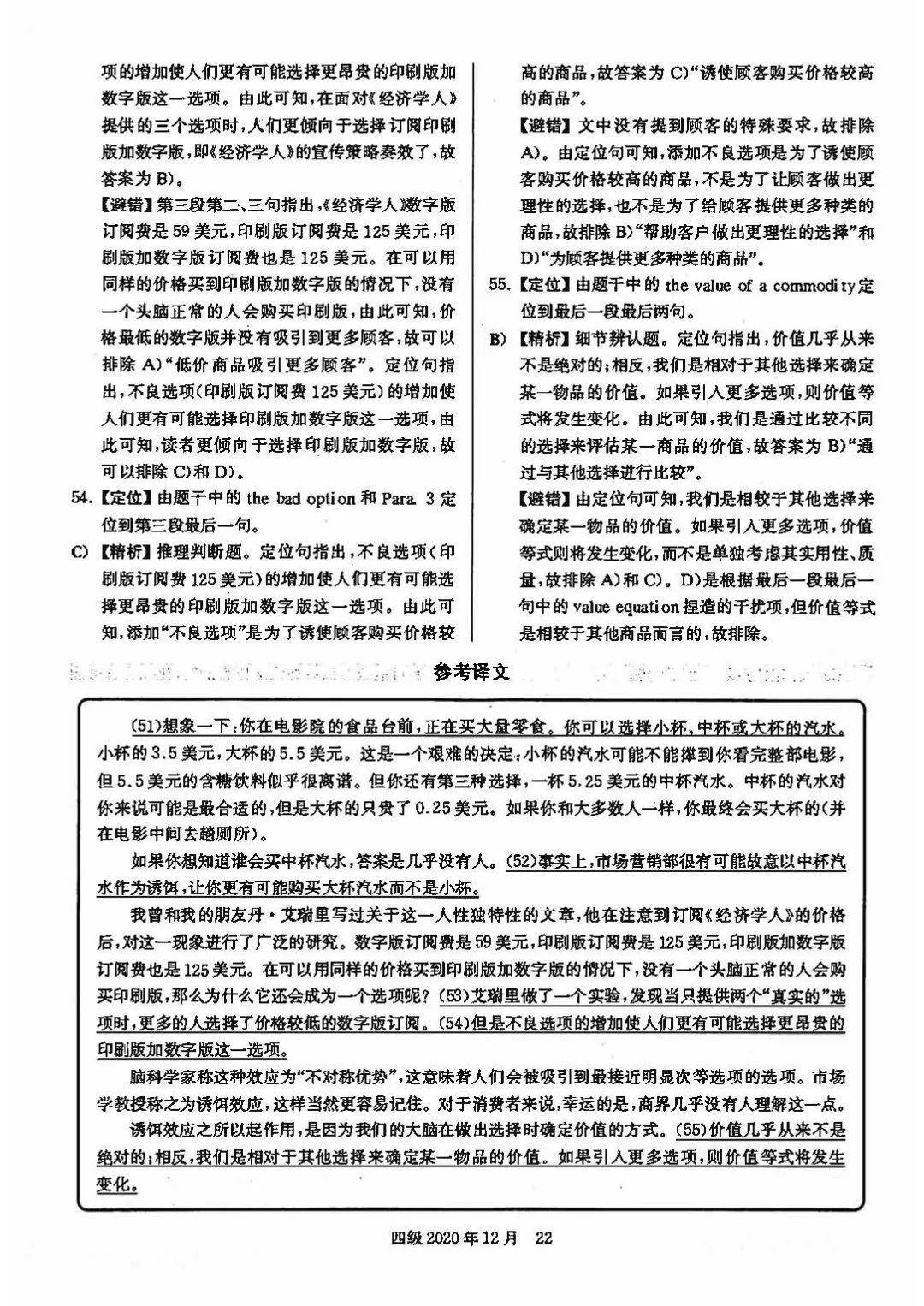一月到十二月的英文

January is the first month of the year in the Gregorian calendar. It is named after the Roman god Janus, who is often depicted with two faces looking in opposite directions, symbolizing the past and the future. January is known for being the coldest month in many parts of the world, particularly in the Northern Hemisphere. It is a time for new beginnings and setting resolutions for the year ahead.
February is the shortest month of the year, with only 28 days in a common year and 29 days in a leap year. It is named after the Latin word februum, which means purification. Valentine's Day, a holiday celebrating love and affection, is celebrated on February 14th. In many parts of the world, February is still considered a winter month, with cold temperatures and snowfall.
March marks the beginning of spring in the Northern Hemisphere and autumn in the Southern Hemisphere. It is named after Mars, the Roman god of war. March is known for St. Patrick's Day, a holiday celebrated in Ireland and many other parts of the world, and for the March equinox, which marks the beginning of longer days and shorter nights in the Northern Hemisphere.
April is the fourth month of the year and is often associated with springtime and renewal. It is named after the Latin word aperire, which means to open, as it is the month when flowers and trees begin to bloom. April is also known for April Fool's Day, a day when people play practical jokes on each other, and for Earth Day, a day dedicated to environmental awareness and protection.
May is the fifth month of the year and is named after the Greek goddess Maia, who was associated with growth and fertility. May is known for Mother's Day, a holiday celebrating mothers and motherhood, and for Memorial Day, a day to honor those who have died serving in the military. In many parts of the world, May is a time of warm weather and outdoor activities.
June marks the beginning of summer in the Northern Hemisphere and winter in the Southern Hemisphere. It is named after Juno, the Roman goddess of marriage. June is known for Father's Day, a holiday celebrating fathers and fatherhood, and for the summer solstice, which marks the longest day of the year in the Northern Hemisphere.
July is the seventh month of the year and is named after Julius Caesar, the Roman general and statesman. July is known for Independence Day in the United States, a holiday celebrating the country's independence from Great Britain, and for Bastille Day in France, a holiday commemorating the storming of the Bastille prison during the French Revolution. July is also a time for summer vacations and outdoor activities.
August is the eighth month of the year and is named after Augustus Caesar, the first Roman emperor. August is known for back-to-school season in many parts of the world, as well as for various summer festivals and celebrations. In some cultures, August is considered an unlucky month, with superstitions surrounding the number 13.
September marks the beginning of autumn in the Northern Hemisphere and spring in the Southern Hemisphere. It is named after the Latin word septem, which means seven, as it was originally the seventh month of the Roman calendar. September is known for Labor Day in the United States, a holiday celebrating workers and labor unions, and for various harvest festivals and agricultural fairs.
October is the tenth month of the year and is named after the Latin word octo, which means eight, as it was originally the eighth month of the Roman calendar. October is known for Halloween, a holiday celebrated in many parts of the world, and for various fall festivals and harvest celebrations. In some parts of the world, October is also known for its beautiful fall foliage.
November is the eleventh month of the year and is named after the Latin word novem, which means nine, as it was originally the ninth month of the Roman calendar. November is known for Thanksgiving in the United States, a holiday celebrating the harvest and giving thanks for blessings, and for various other holidays and festivals around the world. November is also a time for colder weather and shorter days in many parts of the world.
December is the twelfth and final month of the year and is named after the Latin word decem, which means ten, as it was originally the tenth month of the Roman calendar. December is known for Christmas, a holiday celebrating the birth of Jesus Christ, and for various other holidays and festivals around the world. December is also a time for winter weather and holiday traditions.
一至十二月份的英语单词
一月份:January
二月份:February
三月份:March
四月份:April
五月份:May
六月份:June
七月份:July
八月份:August
九月份:September
十月份:October
十一月份:November
十二月份:December
从上文,大家可以得知关于一月到十二月的英文的一些信息,相信看完本文的你,已经知道怎么做了,一束青草希望这篇文章对大家有帮助。


